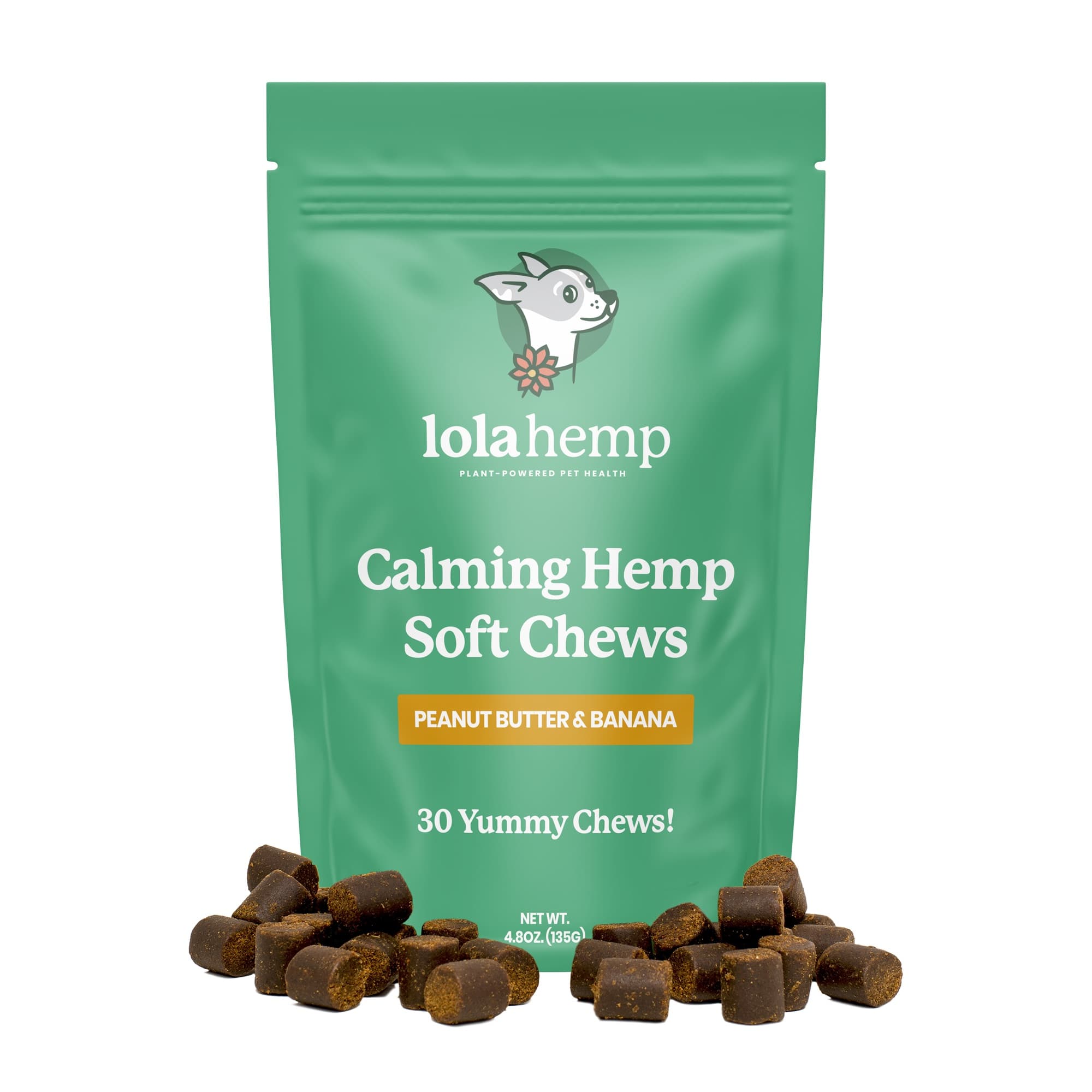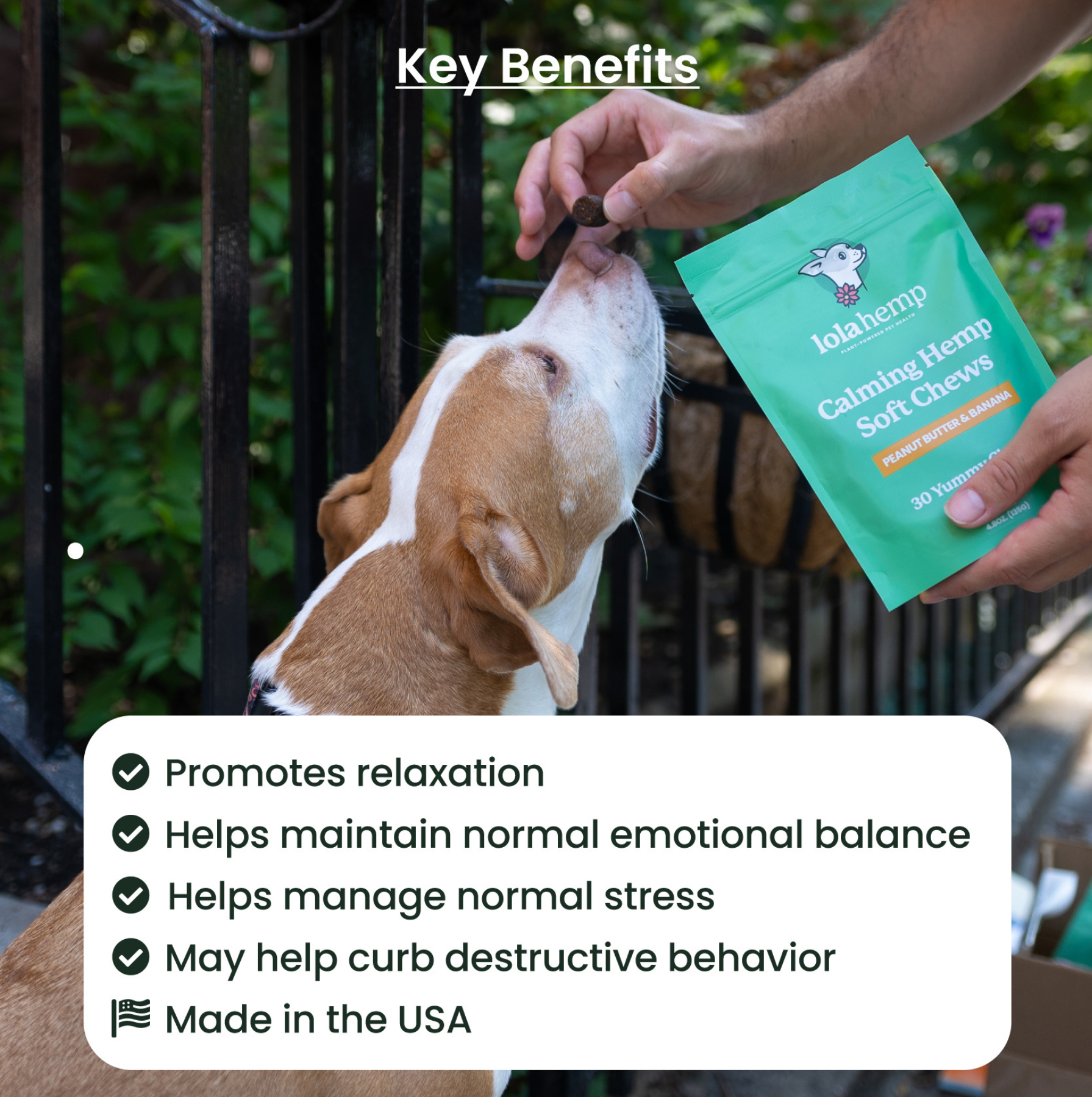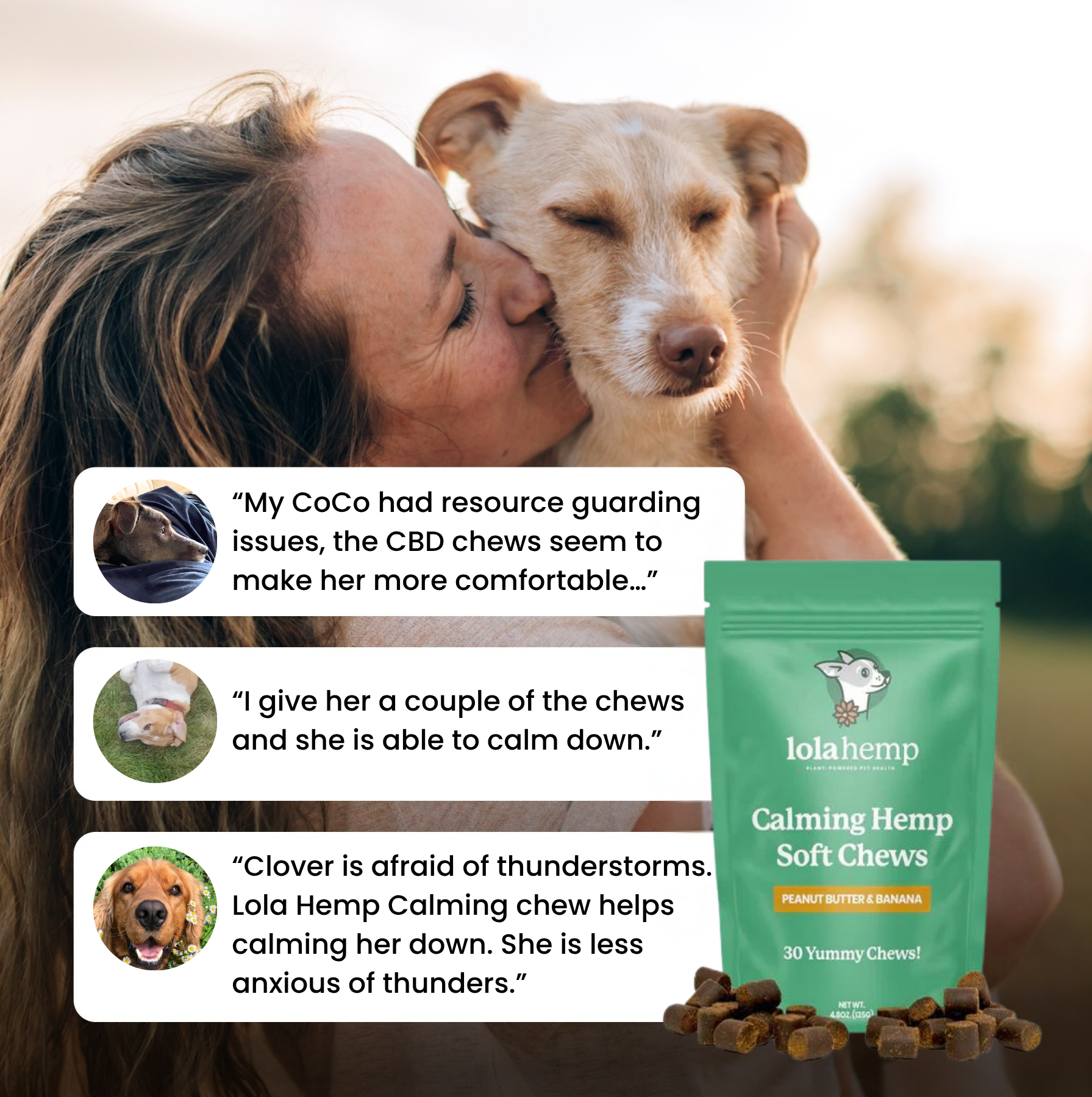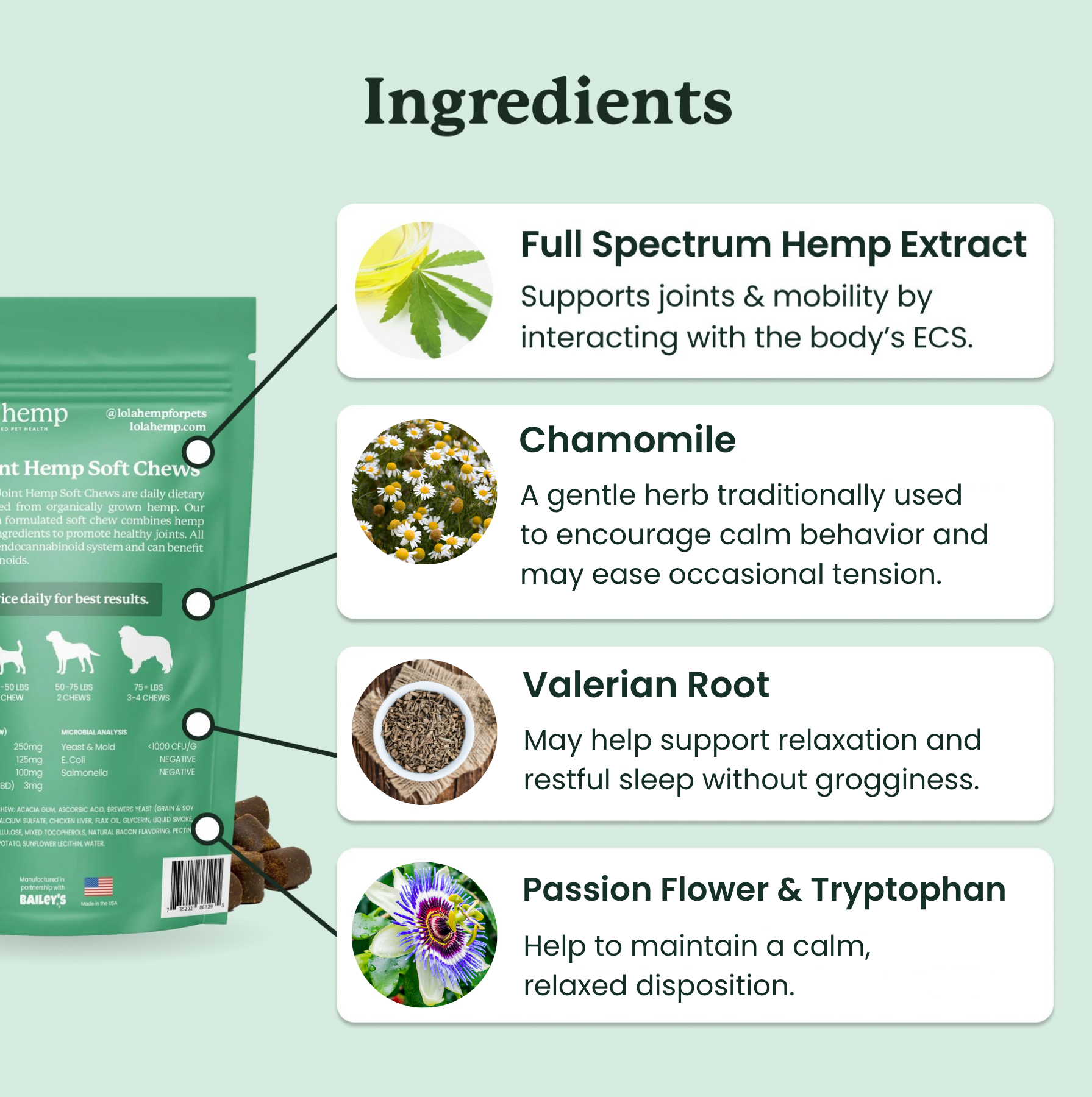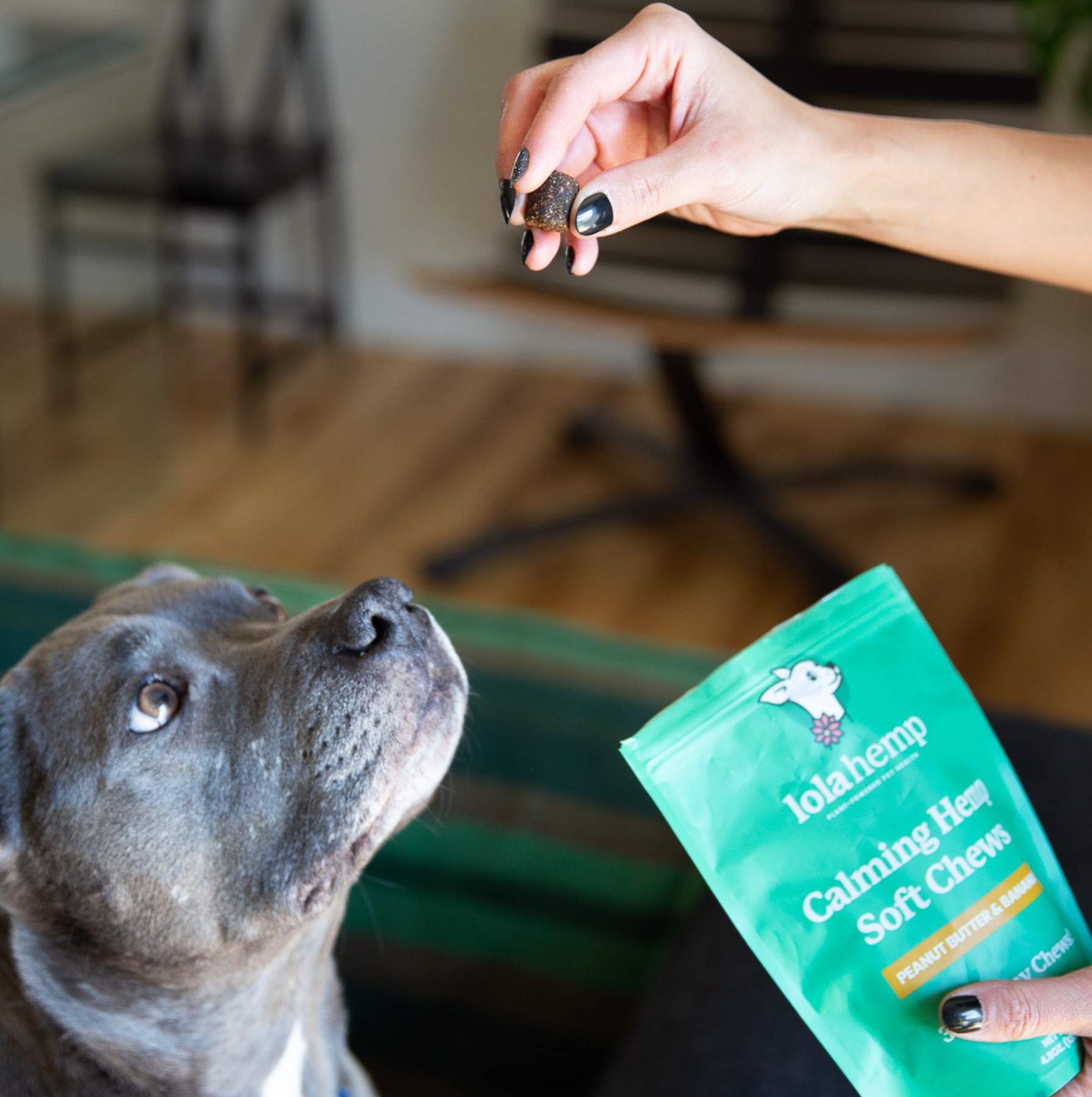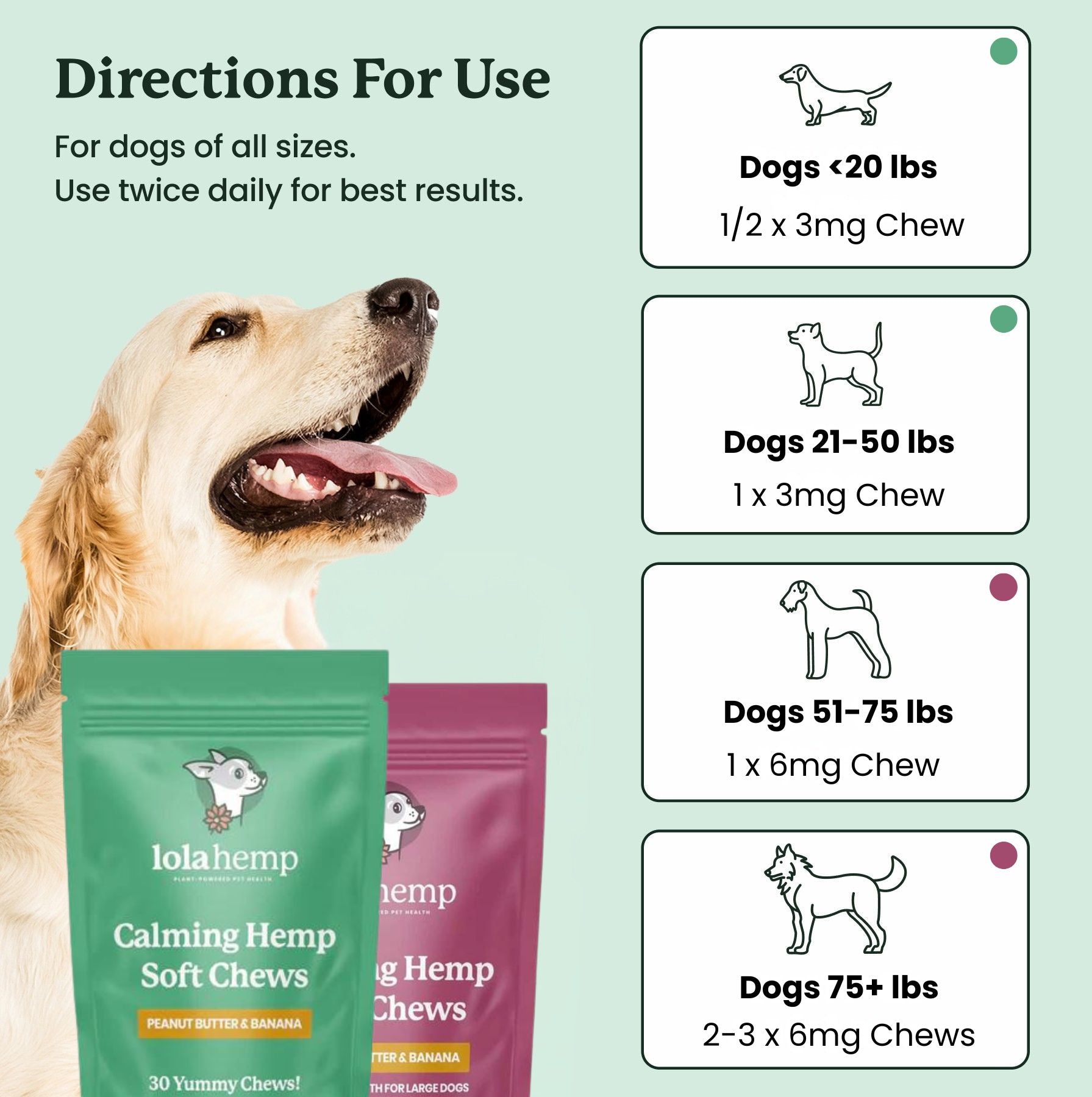We all know how frustrating hiccups can be. You might be surprised to learn that dogs can get hiccups too. If you have no experience with dog or puppy hiccups, you might find yourself concerned.
Fortunately, dog hiccups in sleep are typically harmless.
In most cases, canine hiccups are harmless. Therefore, you can relax next time your pup gets hiccups in the middle of the night. Sometimes, however, hiccups can be a sign of an underlying condition. If your dog's hiccups are accompanied by other sleep disturbances, they may need a little support with their sleep.
What Does It Mean If Your Dog Hiccups While Sleeping?
Dog hiccups are a common occurrence and can happen at any time of the day, including while sleeping. Hiccups result from involuntary contractions of the diaphragm, which can occur due to stress, exercise, injury, or they might simply occur without an apparent reason.
While hiccups are harmless and can go away on their own, it can be concerning for a pet owner to see their dog hiccupping in their sleep. Here are some of the reasons that can cause minor dog hiccups at night:
- Eating or drinking too quickly
- Stress or excitement
- Temperature changes
- Gastrointestinal issues
- Respiratory issues
- Phrenic and vagus nerve irritation
- Certain Medications
While eating too quickly or getting excited may cause harmless hiccups, let’s briefly look at some of the other, more concerning causes:

Gastrointestinal Issues
Gastrointestinal issues like stomach inflammation or acid reflux can irritate the diaphragm. Studies show that gastrointestinal issues are the leading cause of hiccups, including gastritis, bowel obstruction, inflammatory bowel disease, and pancreatitis.
Respiratory Issues
Respiratory issues such as asthma, pleuritic, bronchitis, and pneumonia can also irritate the diaphragm and lead to hiccups. If your dog has other symptoms that signify a respiratory issue, you should visit your veterinarian.
Phrenic and Vagus Nerve Irritation
The hiccup reflex comprises the afferent limb, which is made up of thoracic sympathetic fibers, phrenic nerve, and vagus nerve. As a result, constant hiccups can suggest an issue with these nerves.
Medication
Studies show that certain medications, such as dopamine, steroids, and benzodiazepines, can cause hiccups. Even toxins like alcohol can cause hiccups in dogs.
The Difference Between Sleep Hiccups & Coughing
Sleep hiccups in dogs are involuntary diaphragm contractions that produce soft, rhythmic movements or sounds, often during deep sleep. These are typically harmless and self-resolve without intervention.
Coughing, on the other hand, is a reflex response to airway irritation. It may involve harsher, more abrupt sounds and can signal an issue such as respiratory irritation, allergies, or an underlying health condition like collapsed trachea. Unlike hiccups, coughing may persist and can be accompanied by symptoms like wheezing or labored breathing.
Understanding these differences helps ensure proper care. While sleep hiccups require no action, persistent or unusual coughing should prompt a veterinary evaluation.
Are Dog Hiccups Like Spasms?
Dog hiccups are like spasms since they involve sudden, involuntary diaphragm contractions. Spasms, however, are caused by pain or stress.
Hiccups are typically harmless and occur after eating, drinking, or excitement. Recognizing these patterns can help differentiate hiccups from more serious conditions that may require immediate veterinary attention.
Is It Bad if Your Dog Hiccups in Sleep?
Dog hiccups during sleep are usually harmless and can resolve themselves without your intervention. However, frequent or prolonged hiccups might signal respiratory or gastrointestinal issues. If your dog gets prolonged hiccups, consult your vet to rule out underlying health concerns.
Conclusion
Hiccups in dogs are temporary and generally harmless. Understanding their patterns can help ease your concerns. If your dog gets frequent or prolonged hiccups at night, consult a vet to ensure your dog’s health and comfort.
If your dog has sleep issues in general, consider finding a natural supplement to support their soundness of sleep, and help them feel their best throughout the day!
Frequently Asked Questions About Dog Hiccups in Sleep
Are hiccups in dogs normal?
Yes. Hiccups are common in dogs and often occur after eating, drinking, or excitement.
Why does my dog get hiccups only at night?
Nighttime hiccups may happen due to deep sleep, relaxation of the diaphragm, or changes in breathing patterns.
How long do dog hiccups usually last?
Most hiccups last only a few minutes and resolve without treatment.
When should I worry about my dog’s hiccups?
If hiccups are persistent, frequent, or accompanied by respiratory or digestive symptoms, consult your veterinarian.
Can I do anything to stop my dog’s hiccups?
You can try calming your dog, offering water, or slowing their eating habits, but hiccups usually stop on their own.

